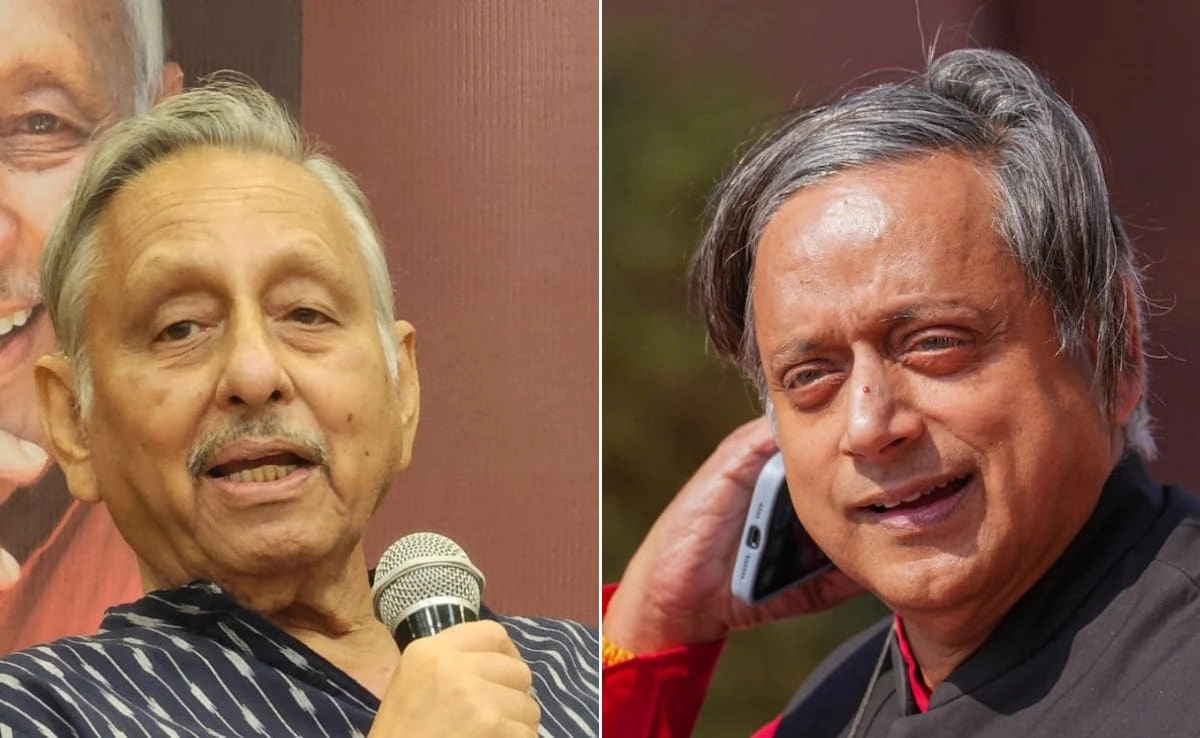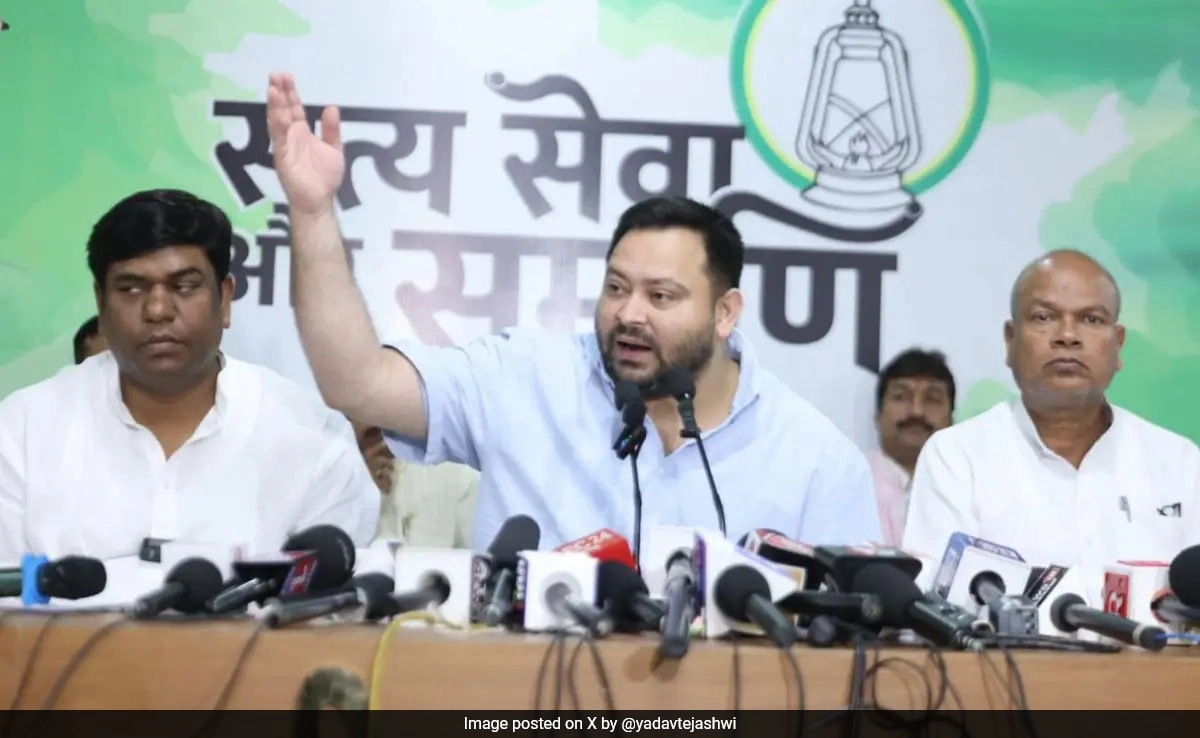Mani Shankar Aiyar has recently made headlines by launching a sharp critique against fellow politician Shashi Tharoor, branding his statements and actions as part of a broader campaign dubbed ‘Op Sindoor.’ This term, which has been used in various contexts, suggests a strategic maneuvering within the political landscape, particularly targeting the Congress party’s internal dynamics and the broader electoral strategy ahead of upcoming elections. Aiyar, known for his candid and often controversial remarks, has taken a strong stance, arguing that Tharoor’s rhetoric and positioning may not align with the values and objectives of the party he represents.
In his remarks, Aiyar emphasized the need for unity and coherence within the Congress party, criticizing Tharoor for what he perceives as a deviation from the core principles that have historically guided the party’s ideology. The tension between party veterans and newer entrants like Tharoor has been a recurring theme in Indian politics, and Aiyar’s comments underscore the generational and ideological divides that can sometimes hinder collective action. He views Tharoor’s approach as potentially detrimental not just to the party’s image but also to its electoral prospects, particularly in light of the challenges posed by rival political entities.
The timing of Aiyar’s broadside against Tharoor is significant, as it comes at a critical juncture when the Congress party is gearing up for elections and seeking to consolidate its position. In a political environment marked by intense competition and shifting alliances, such internal conflicts can create vulnerabilities that opponents might exploit. Aiyar’s intervention, therefore, serves as both a warning and a call to action for the party to realign its focus and approach. His insistence on reaffirming the party’s foundational values reflects a deep concern for its future and the necessity of presenting a united front to the electorate.
As the discourse around Aiyar’s comments unfolds, it raises broader questions about leadership, accountability, and the direction of the Congress party. The ideological chasm between seasoned politicians and newer leaders like Tharoor may influence not only party dynamics but also public perception and voter sentiment. In the coming days, it will be crucial to observe how the party navigates this internal strife and whether Aiyar’s critique prompts a reevaluation of strategies or leads to further discord. The political landscape in India is ever-evolving, and the internal battles within parties like Congress could have far-reaching implications for the future of Indian politics.




